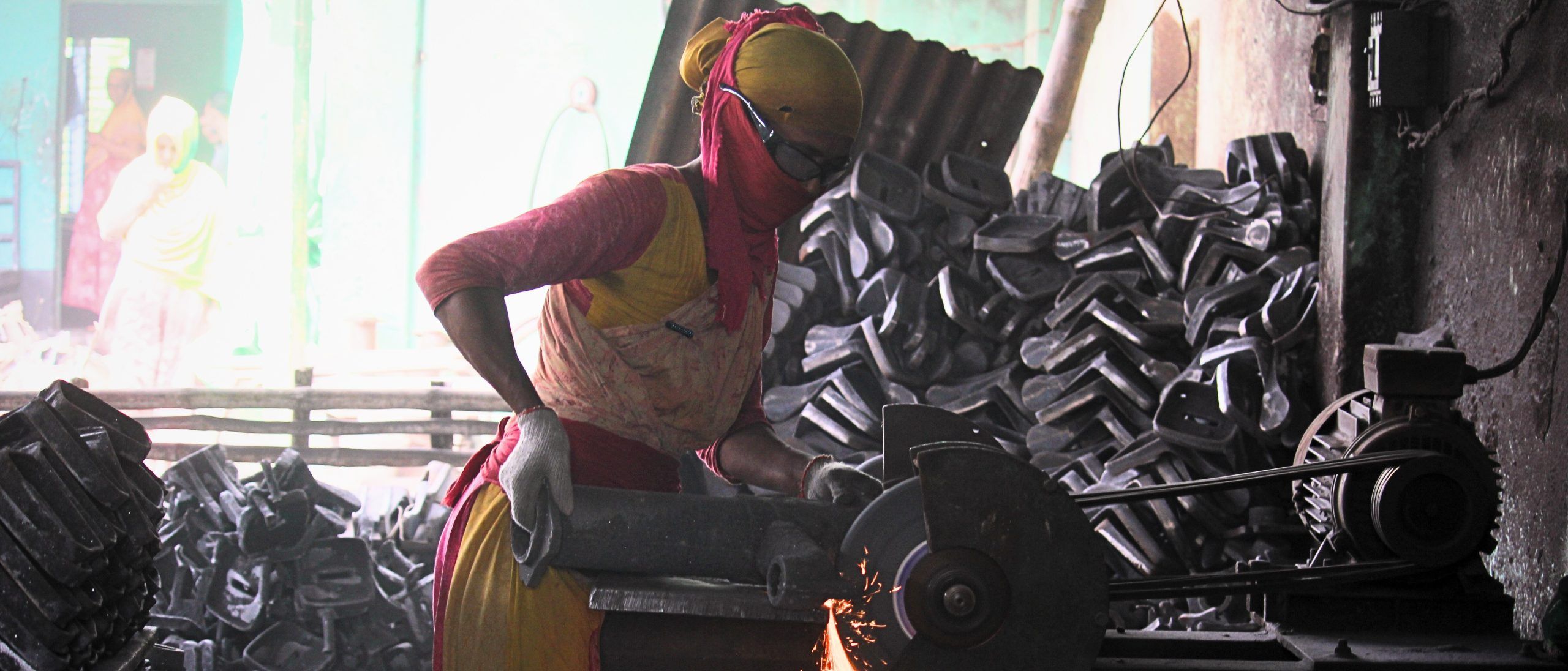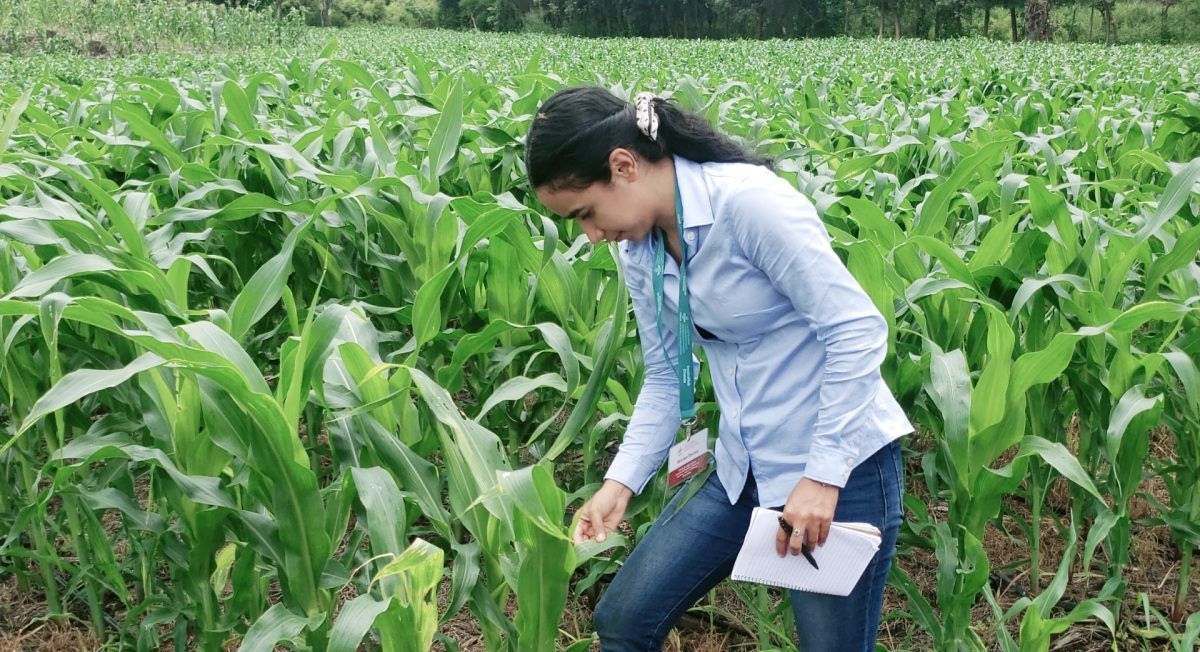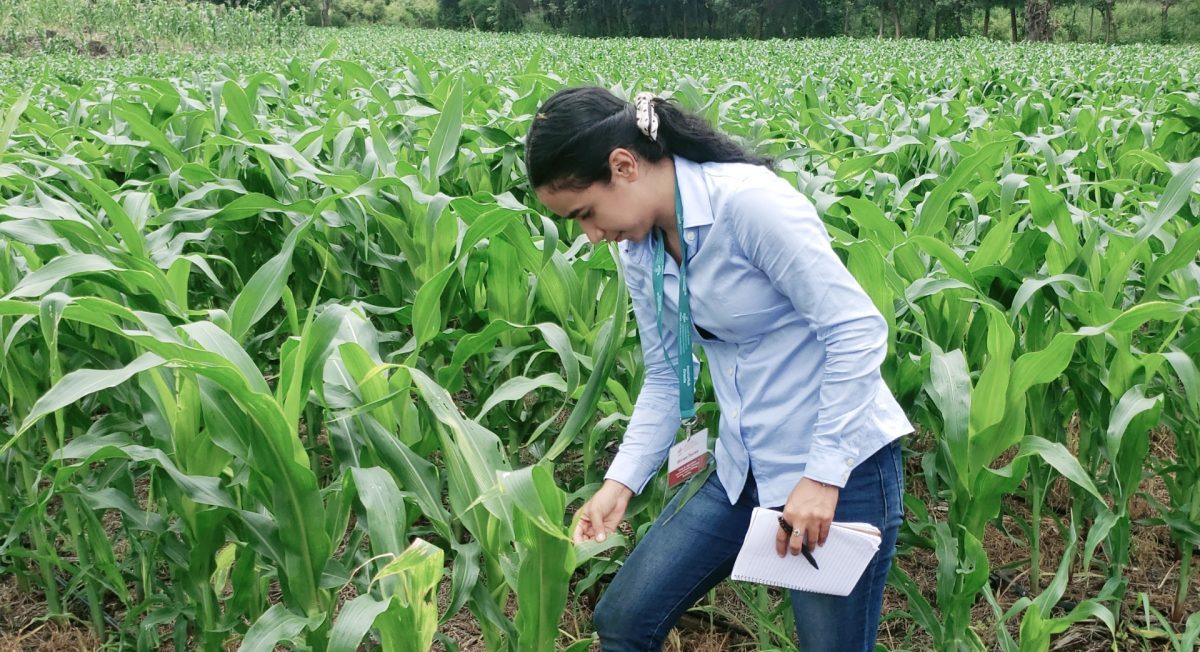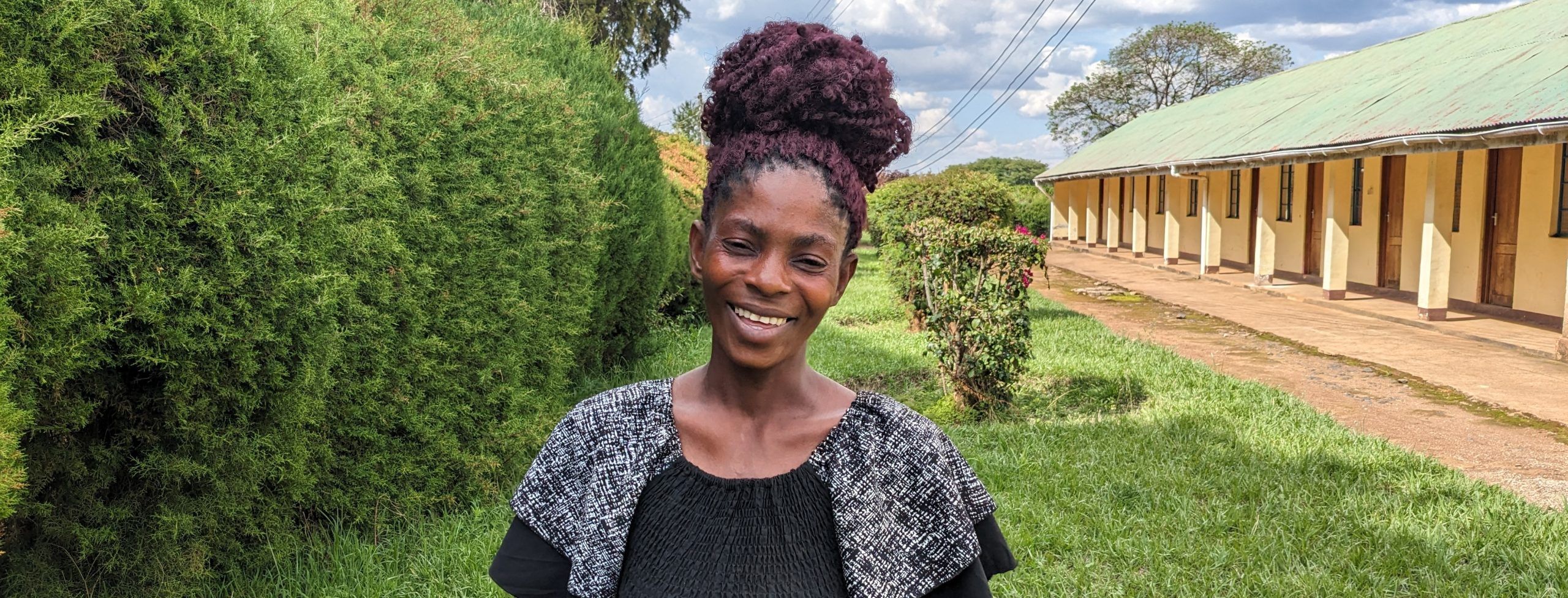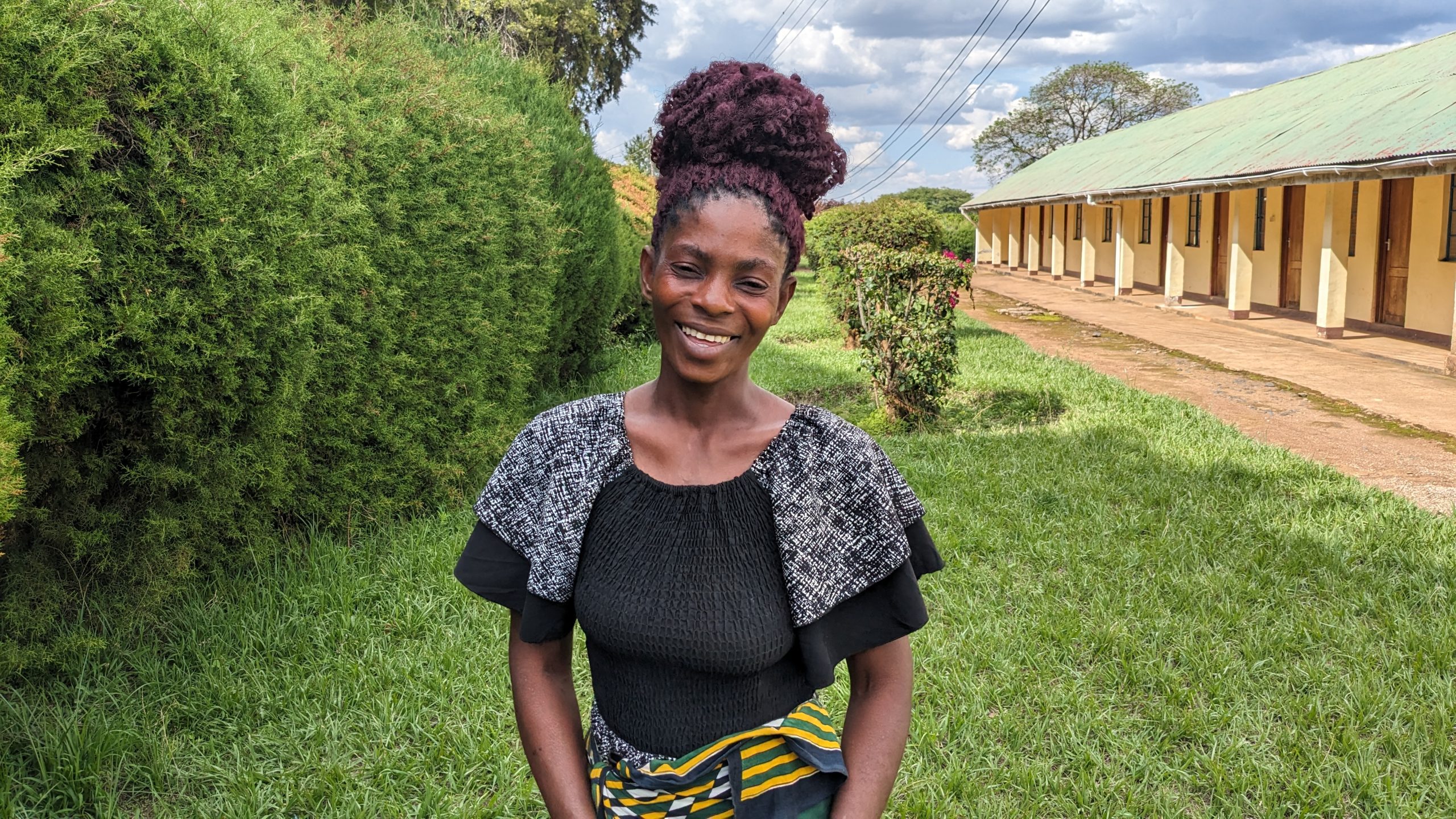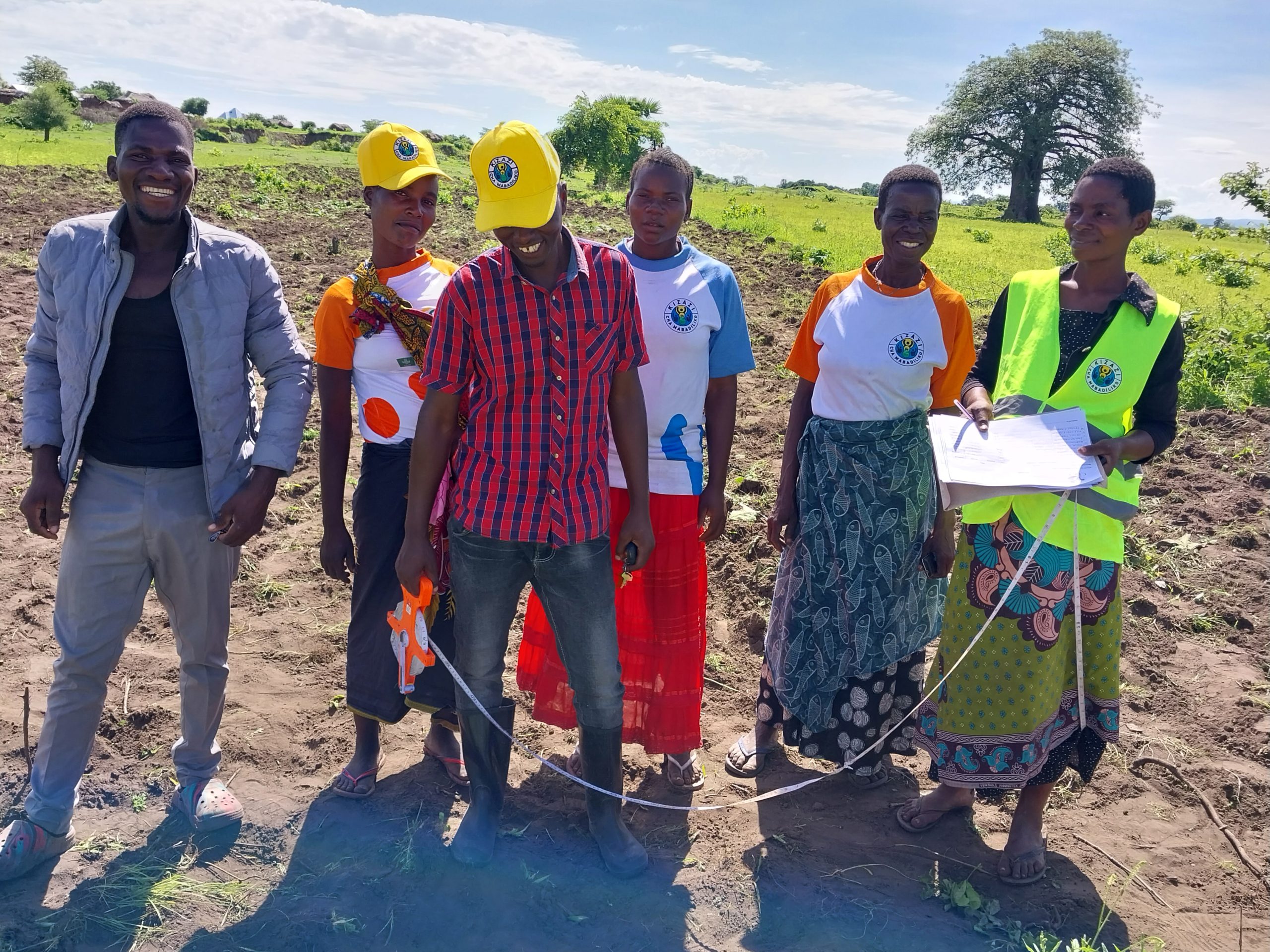Breaking ground and redefining roles in the agri engineering sector: Anjuara Begum
Anjuara Begum is 40 years old. Hailing from Jashore, Bangladesh, she works at Abdur Rahman Foundry as a grinding operator. In Bangladesh, it is rare to be a woman and work in a skilled job in engineering. Anjuara’s journey shows it is possible to break through gender stereotypes ascribed by Bangladeshi society.
Growing up in Jashore, Anjuara was married before the age of 15. About a year after giving birth to a son, her husband died leaving her to take on the sole responsibility of raising a child. She started working as a cleaner at Talukder Light Casting. Soon, she found her interest lay in sand molding and grinding which were considered to be skilled tasks traditionally carried out by the male employees. Over time, Anjuara graduated to working as an assistant in different sections of the foundry: casting, the furnace, and operating the grinding machine. For six years, she continued as an assistant with no formal training, often learning from the machine operators and supervisors around her.
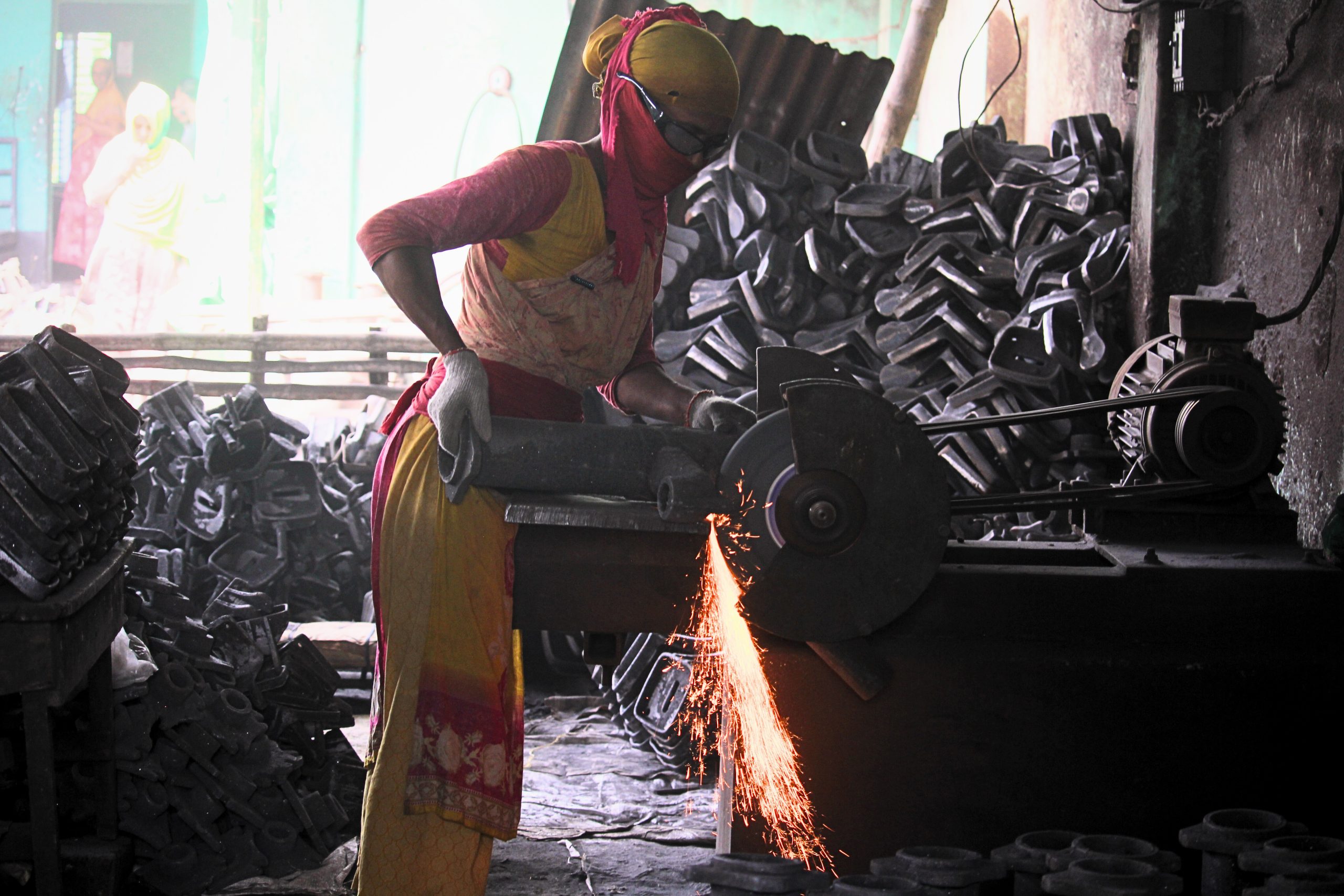
In 2019, Anjuara joined the nearby Abdur Rahman Foundry, where for the first time she attended a formal skill enhancement training for women in the light engineering sector. She was able to access this opportunity through the USAID-funded Cereal Systems Initiative for South Asia–Mechanization Extension Activity (CSISA–MEA) as Abdur Rahman Foundry is part of CSISA–MEA’s agriculture-based light engineering activity. The training provided her with hands-on experience in grinding, drilling, sand molding, and painting. It not only imparted the technical skills she needed for her current job, but also the confidence to excel in a field where women are traditionally under-represented.
“The training was an eye-opener,” Anjuara said. “I was so happy to get a certificate–a first for me!” She shared how her confidence at work increased and about her promotion to the position of grinding machine operator–the first woman in the Jashore region to work in this role. There were other benefits to the new position–a more formal position than her former place of work where she was only a temporary employee; paid holiday and sick leave; and festival bonuses. Currently, she earns around US$ 80 a month–the same as the men in the foundry working at a similar skill level. Before the training, her salary was around US$ 55.
Anjuara tells us that the best part about the job is the respect she gets from family and the cooperation from her co-workers. As she continued to break barriers and excel in her profession, her success began to resonate within her community. Women in the neighborhood now view her as an inspiration. She is an example of how societal norms can be challenged when provided with equal opportunities and the right kind of support. Her success has ignited a spark of hope among women who had long been relegated to the sidelines.
CSISA–MEA’s light engineering training for the female workforce as part of its gender inclusive activities has not only transformed Anjuara’s life but has also catalyzed a shift in the perception of women’s capabilities within Bangladeshi society.
